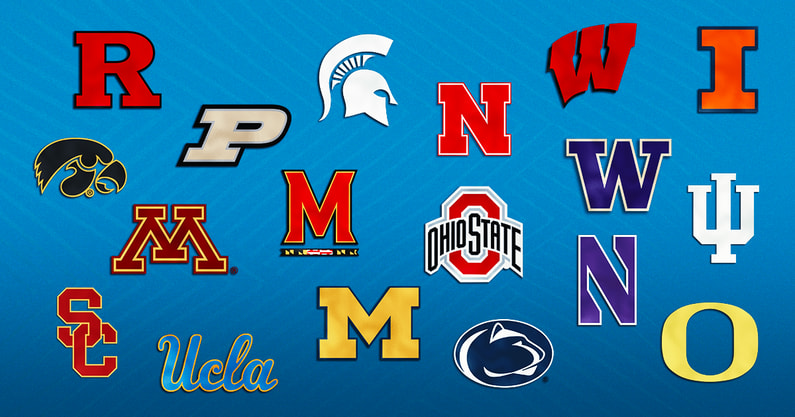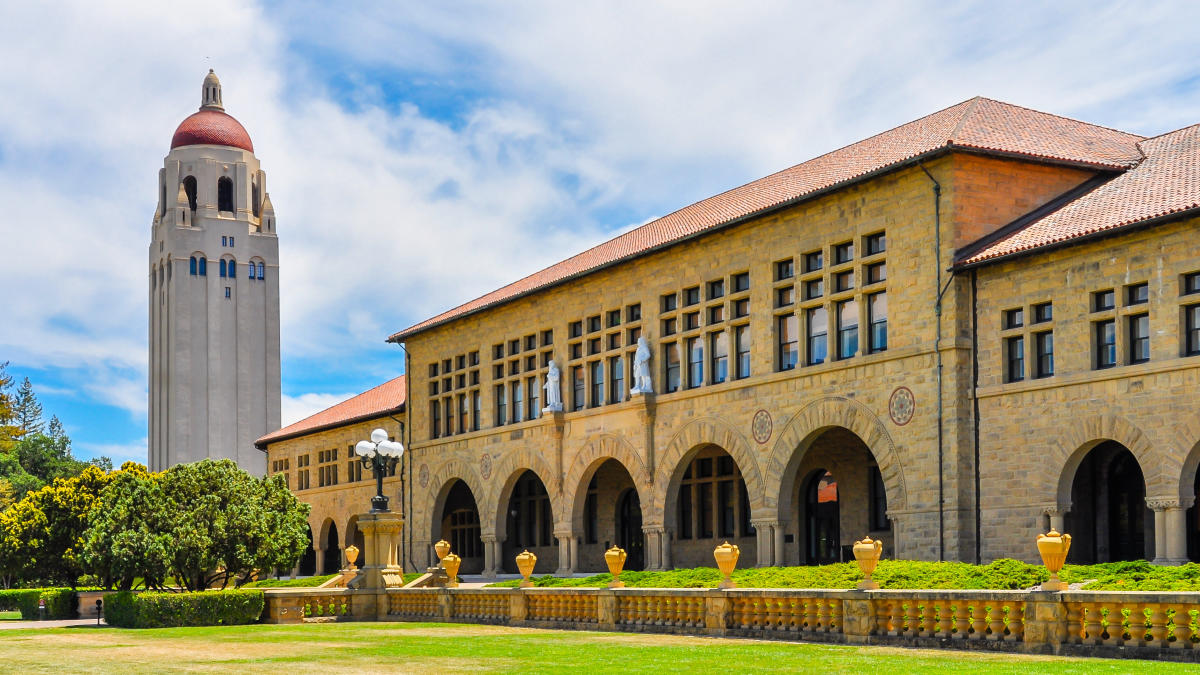With generative AI continuing to transform the educational landscape at a rapid pace, colleges and universities are continually striving to keep up with the latest developments. Over the last few years, educational institutions have integrated AI into their admissions processes, administration, and perhaps most influentially, the hallowed halls of their classroom buildings. While some professors are still wary of AI’s potentially negative impact on students, many administrators, including those at Harvard, Yale and Penn, are more open to the potential of the technology, setting innovative guidelines around its use and swiftly altering curriculum to include and integrate its capabilities into teaching and assignments. AI has pushed professors and staff to challenge long-held beliefs and norms in order to continue to evolve along with the new technology. These institutions seem to be leading the charge to integrate AI into academia, as it is quickly becoming society’s new normal.
At the University of Pennsylvania’s Wharton School, AI is revolutionizing the way business and leadership courses are taught. According to an article published on Wharton’s Interactive website, the business school has developed AI-powered simulations such as the “Saturn Parable” and the “Entrepreneurship Game” to give students hands-on learning experiences in leadership and startups. These AI tools help students apply theoretical knowledge in practical scenarios, offering a more engaging and immersive learning environment. As the author notes, AI allows teachers to “democratize access” to advanced tools, which were previously accessible only through specialized software.
Harvard has similarly embraced AI by creating the “AI Sandbox,” a space where faculty experiment with generative AI tools like ChatGPT. Professors have used AI to enhance classroom discussions, generate course materials, and even simulate expert personas for interactive learning. The goal is to shift from simple AI interactions to deeper applications that foster creativity and critical thinking. “GenAI needn’t compromise student creativity; in fact, it can augment it,” said Harvard’s Vice Provost Bharat Anand in a study published by the Generative AI Department at Harvard. The faculty members who took part in the classroom AI experimentation also cited the potential to foster more dynamic learning environments “by increasing task efficiency, improving student engagement, increasing {their} confidence, or even improving learning outcomes.”
Yale too, is at the forefront of AI integration, particularly in courses like its introductory computer science class. AI tools such as “Duck Debugger” and “CS50 Duck Bot” assist students by answering questions and helping debug code, reducing the need for in-person office hours. According to Yale’s Poorvu Center for Teaching and Learning, AI is viewed as a tool that “can belong in your classroom” if used correctly and the center has shifted its stance to encouraging all faculty members to engage with the technology in an exploratory manner. As a result, Ben Glaser, an English professor at Yale, taught an introductory English seminar called “Writing Essays with AI”, in which students “explored the relationship between authorship, creativity, and AI.” They analyzed stories created with AI and those written by humans and compared the results. Students were even encouraged to use AI to plan essays. One of the students in Glaser’s class, Jared Wyetzner, deemed AI the “calculator” of writing, and wondered “How can we still learn from our writing and also have AI tools in the process?” While Yale’s faculty invites students to work with AI responsibly, they stress its use to enhance learning rather than replace foundational skills. Read more on how Yale has incorporated AI into their educational plan here.
As Ivy League schools continue to explore the potential of AI in the classroom, other universities are expected to follow their lead. The employment of AI in teaching makes advanced learning tools more accessible to students worldwide, democratizing education in ways previously unimaginable. AI is the future of learning, promising a more interactive, efficient, and personalized academic experience.
Contact PREMINENTE today to help your student navigate this new university world and access all our educational services.
PREMINENTE
Ranked Top Ten World’s Leading Educational Consultants (2020/2021/2022/2023/2024)
Premier PreK-12/College & Graduate School Counseling/Athletic Recruitment/Career Counseling
preminentecounseling.com


